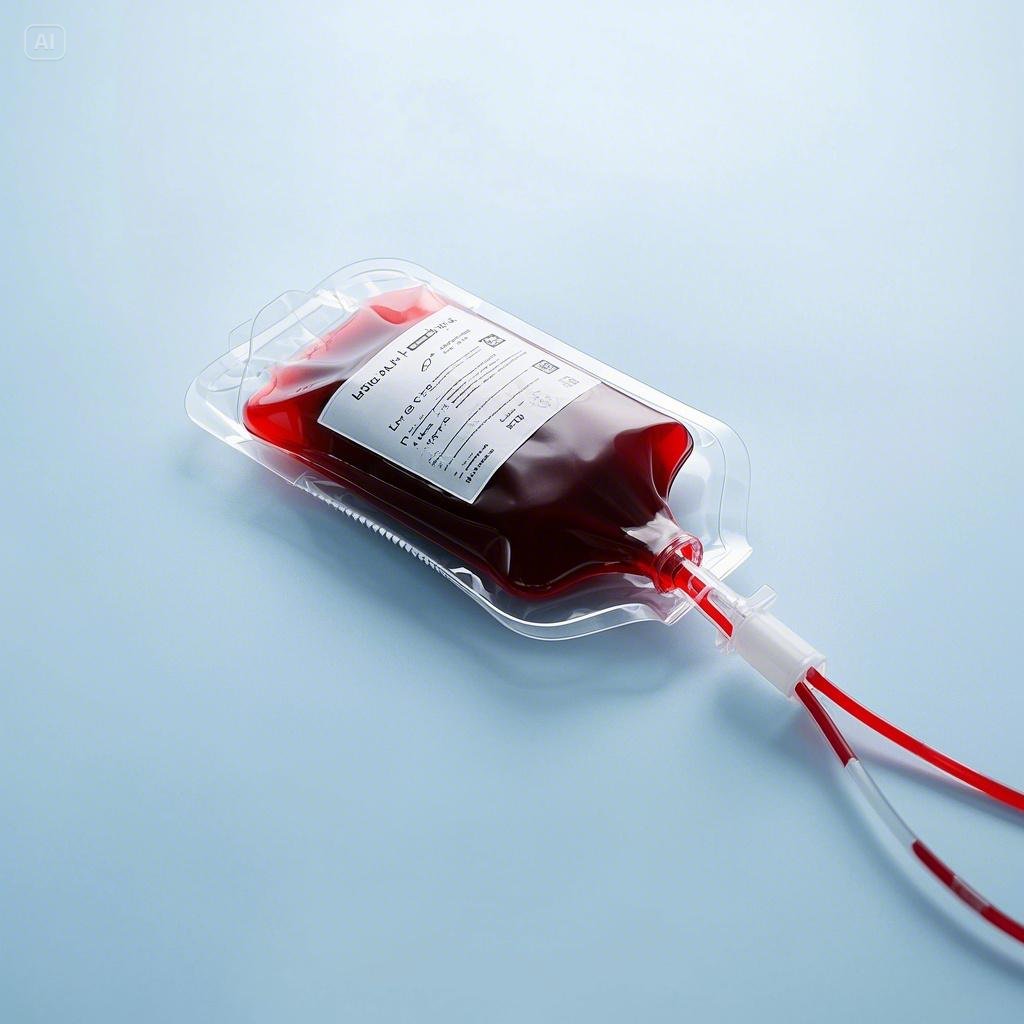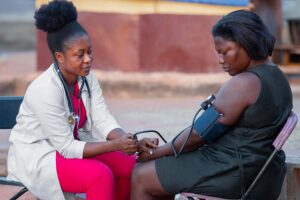
There are four main types of blood donations, each serving specific medical needs:
1. Whole Blood Donation
This is the most common and versatile type of donation in Nigeria. In whole blood donation, blood is collected and can be used as it is or separated into components like red blood cells, platelets, and plasma to treat multiple patients.
- Common Uses: Trauma cases, surgeries, and maternal emergencies.
- Duration: About one hour.
2. Plasma Donation
Plasma, the liquid part of blood, is collected through a process that separates plasma and returns red blood cells and platelets to the donor.
- Common Uses: Treating trauma patients, burn victims, and individuals with clotting disorders.
- Duration: Around 1 hour 15 minutes.
3. Platelet Donation
Platelets are small cells in blood that help in clotting. During this type of donation, a machine separates platelets and plasma, returning red blood cells to the donor.
- Common Uses: Supporting cancer patients, individuals undergoing chemotherapy, and those with bleeding disorders (Postpartum hemorrhage (PPH).
- Duration: About 2.5 hours.
4. Red Cell Donation (Power Red)
This involves the collection of a concentrated sample of red blood cells while returning plasma and platelets to the donor.
- Common Uses: Emergency transfusions, sickle cell anemia patients, and newborns.
- Duration: Approximately 1.5 hours.
What Blood Types Are Most Needed?
- Type O-negative: Universal donor blood type, vital for emergencies where blood typing isn’t possible.
- Type O-positive: The most common blood type, often in high demand.
Regardless of your blood type, every donation—be it plasma, platelets, whole blood, or Power Red—has a significant impact in saving lives.
How Often Can You Donate Blood?
- Whole Blood: Every 56 days (6 times a year).
- Plasma: Every 28 days (up to 13 times a year).
- Platelets: Every 7 days (up to 24 times a year).
- Red Cells (Power Red): Every 112 days (3 times a year).
Does Donating Blood Hurt?
Donating blood is generally not painful. You may feel a slight pinch from the needle insertion and mild pressure from the band on your arm, but the process is well-tolerated by most donors.
Why Donate Blood?
Your blood donation can:
- Save lives during medical emergencies, surgeries, or childbirth complications.
- Support individuals with chronic illnesses like sickle cell anemia.
- Build a steady supply for hospitals and blood banks across Nigeria, reducing preventable deaths.
By rolling up your sleeves today, you can become a part of the lifesaving network ensuring that no one in need is left without access to blood.
Where can I donate Blood?
You can donate blood at any of the accredited General Hospital/Private Blood bank in your Locality
The list is available in the link
- LSBTS Voluntary donor centre (Opposite the Mosque), LASUTH General Hospital, Gbagada, Lagos
- All General Hospitals in Lagos State
- Lagos State University Teaching Hospital donor centre
Or click the link the Donate button




